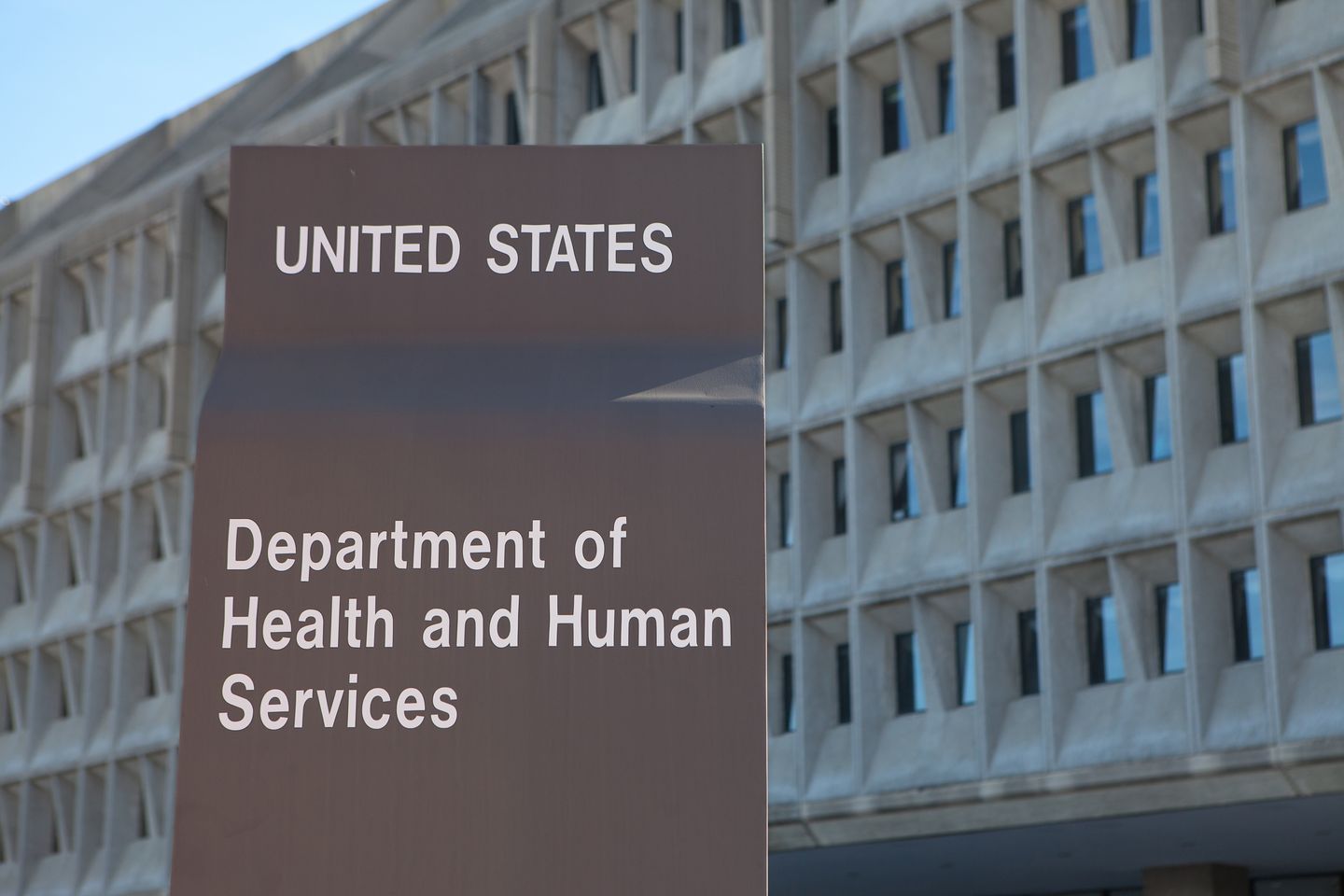

Federal internal investigators have uncovered alarming failures by universities to require scientists doing taxpayer-funded research to disclose when they also pocket money from China and other foreign countries.
The Health and Human Services Department inspector general said the failure to enforce disclosure rules exposes critical biomedical research to theft by China.
Joanna Bisgaier, deputy regional inspector general who worked on the report, said the widespread disregard for government rules was unanticipated and she did not know if it was attributable to grantees’ ignorance, recklessness or malice.
“We were not expecting quite a large percentage of grantees who failed to comply with the federal requirements regarding disclosure of foreign financial interest and support,” Ms. Bisgaier said in an interview.
More than two-thirds of National Institutes of Health grant recipients examined by the inspector general — 69% — failed to require their researchers and scientists to disclose at least one type of foreign financial interest or support as required under HHS and National Institutes of Hearth rules, according to the IG report published this month.
The inspector general’s office surveyed 617 grantees from October 2020 to January 2021 whose research spanned the full range of what NIH funds, including neuroscience, cardiovascular science and infectious disease research. The inspector general’s office declined to identify the grant recipients, except to say they worked at universities and other institutions and that NIH awarded $31 billion to grantees in fiscal year 2020.
As the inspector general’s office dug in, it discovered a potential for conflicts of interest that may jeopardize the integrity of NIH’s work, according to Ms. Bisgaier. For example, 277 institutions or 45% of grant recipients surveyed did not require their researchers and scientists to disclose all of their stock or ownership interests in non-publicly traded entities.
If a scientist had a stake in a foreign group researching the same thing that the U.S. government was paying them to study, the government is supposed to know the full extent of the foreign business relationship. Keeping it hidden, Ms. Bisgaier said, creates a risk of intellectual property theft by foreign entities and governments.
The inspector general’s office did not trace the locations behind undisclosed foreign conflicts of interest, but the report makes clear that China is the major threat to the NIH research and cited problems from recent years past.
“For example, one grantee’s NIH-funded investigators failed to disclose their Chinese government research grants and the grantee failed to adequately investigate information it had concerning the investigators’ relationships and affiliations, resulting in the grantee paying False Claims Act settlements of $6.6 million,” the report said. “In another example, [a researcher] was convicted on charges that included making false statements to NIH about funding he received from China’s Thousand Talents Plan, a government-run program aimed at attracting scientists to further China’s scientific development, economic prosperity, and national security.”
Last year, NIH told Congress that more than 500 federally funded scientists were under investigation for being compromised by China and other foreign powers.
Other federal agencies also must contend with the threat of their outside researchers being compromised by foreign money. It has been a problem at the CIA and Defense Department, forcing both to create new programs to avoid foreign influence.
NIH said it concurs with the recommendations of the inspector general report.
In a response to the report, the agency told the inspector general it would make changes based upon the inspector general’s recommendations. For example, NIH acting principal deputy director Tara A. Schwetz committed to publishing new notices, updating webpages and providing better training for NIH grant recipients.
“Beginning in FY 2022, NIH will look into modifying reporting mechanisms to require grantees to report whether investigator’s significant financial interests and other support involve foreign entities,” Ms. Schwetz wrote in a letter included in the inspector general report. “The Guide Notice referenced above will also include a [financial conflict of interest] reminder that Investigators are required to disclose all foreign financial interests.”
Correction: An earlier version of this article misspelled Joanna Bisgaier‘s name.
